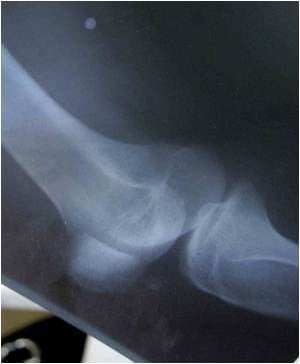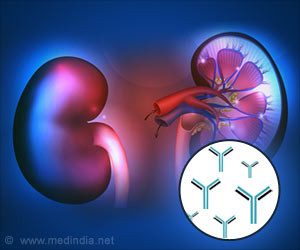A recent study has shown that successful weight losers had significantly higher resting nerve activity compared to weight-loss resistant individuals.

In this study, researchers examined 42 overweight or obese subjects who had participated in dietary-lifestyle intervention trials that cut their daily caloric intake by 30 percent for 12 weeks. MSNA was measured by microneurography, a process involving the insertion of metal microelectrodes into nerve fascicles (a bundle of nerve fibers). Researchers found that weight loss was independently predicted by baseline resting MSNA.
"We also found that successful weight losers demonstrated large increases in nerve activity following a carbohydrate test meal, whereas the responses were completely blunted in weight-loss resistant subjects," said Straznicky. "Our findings suggest a significant contribution of subconscious nervous system activity to the success of dietary weight loss."
Other researchers working on the study include Nina Eikelis, Paul Nestel, John Dixon, Tye Dawood, Mariee Grima, Carolina Sari, Markus Schlaich, Murray Esler, Alan Tilbrook, Gavin Lambert and Elisabeth Lambert of Baker IDI Heart & Diabetes Institute.
The article, "Baseline sympathetic nervous system activity predicts dietary weight loss in obese metabolic syndrome subjects," appears in the February 2012 issue of JCEM.
Advertisement















